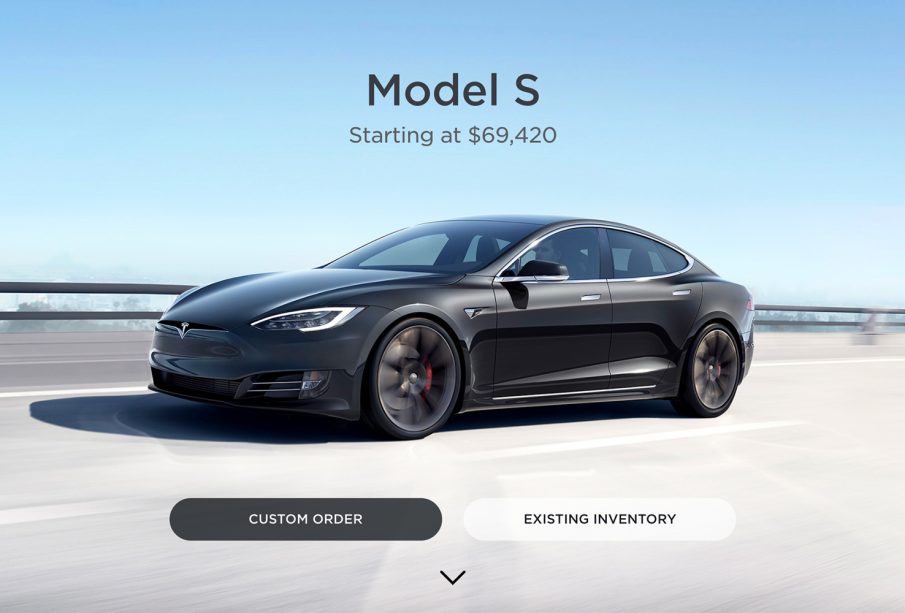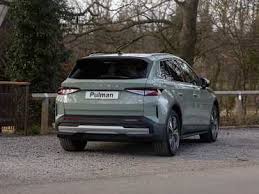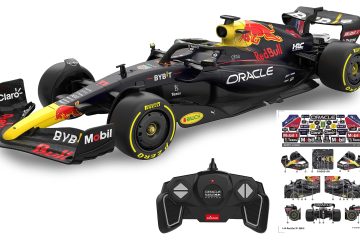Tesla: Pioneering Electric Vehicles and Sustainability

Introduction: The Importance of Tesla
Tesla has become a household name in the global automotive industry, not only for its electric vehicles (EVs) but also for its commitment to sustainability and innovation. Founded in 2003 by engineers Martin Eberhard and Marc Tarpenning, Tesla’s pursuit of environmentally friendly transportation has catalysed a major shift in how we view and utilise automobiles. With a growing emphasis on climate change and sustainability, understanding Tesla’s evolution and impact is crucial in today’s automotive world.
Recent Developments
As of October 2023, Tesla continues to dominate the electric vehicle market. The company reported a remarkable 50% increase in global deliveries in the third quarter of 2023 compared to the previous year, delivering over 440,000 vehicles. This surge is attributed to the successful launch of the much-anticipated Model 2, a more affordable electric car aimed at expanding Tesla’s customer base.
Furthermore, Tesla has significantly ramped up production at its Gigafactories around the world, especially in Berlin and Texas, which have become pivotal in meeting soaring demand. The innovative production techniques and use of sustainable materials are part of Tesla’s strategy to not only maintain leadership in the EV sector but also to set benchmarks for environmental responsibility.
Impact on the Automotive Industry
Tesla’s influence extends beyond its vehicles. The company is actively shaping the future of the automotive industry through initiatives such as advancing battery technology and self-driving capabilities. Tesla’s proprietary batteries are noted for their energy density and longevity, making electric driving more viable for the masses. Concurrently, the rollout of the Full Self-Driving (FSD) software showcases Tesla’s commitment to leading in autonomous technology, which could redefine transportation in urban environments.
Conclusion: Looking Ahead
With a focus on green technology and sustainable practices, Tesla is positioned to remain a frontrunner in the transition to electric mobility. Analysts predict that as battery production ramps up and EV infrastructure improves globally, Tesla will likely see continued growth and further innovations in their product lines. Their approach not only challenges traditional automotive manufacturers but also encourages broader adoption of electric vehicles, setting the tone for the future of transport.
In essence, Tesla is not just a car manufacturer; it is a pioneering force pushing the boundaries of technology and environmental stewardship in the automotive space, making it essential for consumers and investors alike to stay informed about their developments.









